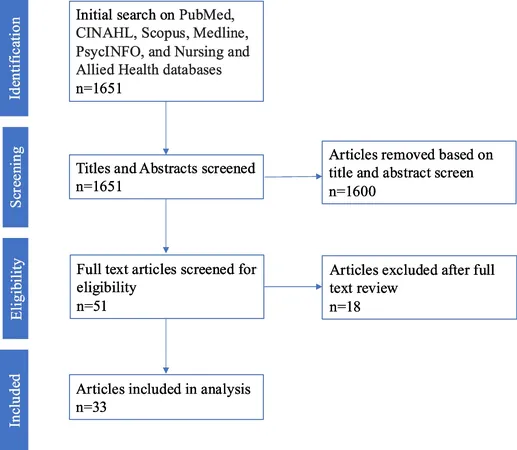
Examining the Stigma Faced by Women Living with Hepatitis C: An Urgent Call for Action
2024-09-28
Stigma surrounding infectious diseases can have profound effects on both individuals and public health. This phenomenon is particularly evident among women living with hepatitis C (HCV). Globally, approximately 71 million people are infected with HCV, a virus that, if left untreated, can lead to serious health complications such as liver cirrhosis and even cancer. Despite revolutionary advances in treatment, which now boast cure rates exceeding 95% with direct-acting antivirals (DAAs), the stigma attached to HCV persists—fueling discrimination and hindering access to essential healthcare services.
Historically, stigma has intertwined itself with infectious diseases, echoing back to outbreaks of cholera and tuberculosis. The work of sociologist Erving Goffman profoundly shaped our understanding, defining stigma as a mark of shame or undesirable difference that leads to social discrimination. In modern times, women living with HCV find themselves grappling not only with the physical implications of the virus but also with societal perceptions that label them as "unclean" or "irresponsible."
Recent statistics highlight a troubling trend: among women aged 15 to 49, the global prevalence of HCV is at an alarming 0.78%, amounting to approximately 14.86 million women affected. This rising incidence raises critical questions about the intersectional barriers these women face—ranging from the stigma associated with drug use to societal norms surrounding gender and sexuality. It is crucial to understand that many of these challenges are compounded by a lack of awareness and education around HCV transmission.
Research indicates that this stigma significantly affects women's healthcare-seeking behaviors. Fear of diagnosis, limited understanding of the disease, and concerns over disclosure of HCV status can prevent women from accessing necessary testing and treatment. Negative experiences within healthcare settings only exacerbate the problem, as women report feeling judged or discriminated against by providers, further alienating them from the care they need.
The fear of stigma doesn't just impact individual health—it has broader societal implications. It can contribute to an environment where women avoid getting tested, miss appointments, and ultimately increase the risk of spreading the virus. This cycle of avoidance and denial not only compromises individual health outcomes but threatens public health initiatives aimed at controlling HCV transmission.
It's also important to note that this issue extends beyond just women. Members of the LGBTQIA2S+ community who live with HCV report experiencing stigma on multiple fronts, complicating their already vulnerable positions. For these individuals, the stigma associated with HCV can intersect with prejudices tied to their sexual orientation and substance use, amplifying their struggle for acceptance and proper care.
This analysis serves as a clarion call to action: it is imperative that both healthcare providers and the community at large address the stigma haunting women with HCV. Destigmatizing healthcare practices, improving public education regarding HCV transmission methods, and creating supportive environments for women to disclose their status safely could lead to better health outcomes and a decrease in transmission rates.
Healthcare providers are uniquely positioned to play a transformative role in this battle against stigma. By educating themselves and advocating for their patients, they can foster a more accepting atmosphere that prioritizes patient-centered care. Every action taken toward dismantling stigma could pave the way for women with HCV—not just to survive, but to thrive in their health and social lives.
In conclusion, the stigma surrounding HCV is not merely a peripheral concern; it is a critical obstacle that must be confronted with urgency. The time for change is now. Together, we can rid society of the stain of stigma and ensure that every woman living with hepatitis C receives the care, respect, and dignity she deserves.


 Brasil (PT)
Brasil (PT)
 Canada (EN)
Canada (EN)
 Chile (ES)
Chile (ES)
 España (ES)
España (ES)
 France (FR)
France (FR)
 Hong Kong (EN)
Hong Kong (EN)
 Italia (IT)
Italia (IT)
 日本 (JA)
日本 (JA)
 Magyarország (HU)
Magyarország (HU)
 Norge (NO)
Norge (NO)
 Polska (PL)
Polska (PL)
 Schweiz (DE)
Schweiz (DE)
 Singapore (EN)
Singapore (EN)
 Sverige (SV)
Sverige (SV)
 Suomi (FI)
Suomi (FI)
 Türkiye (TR)
Türkiye (TR)